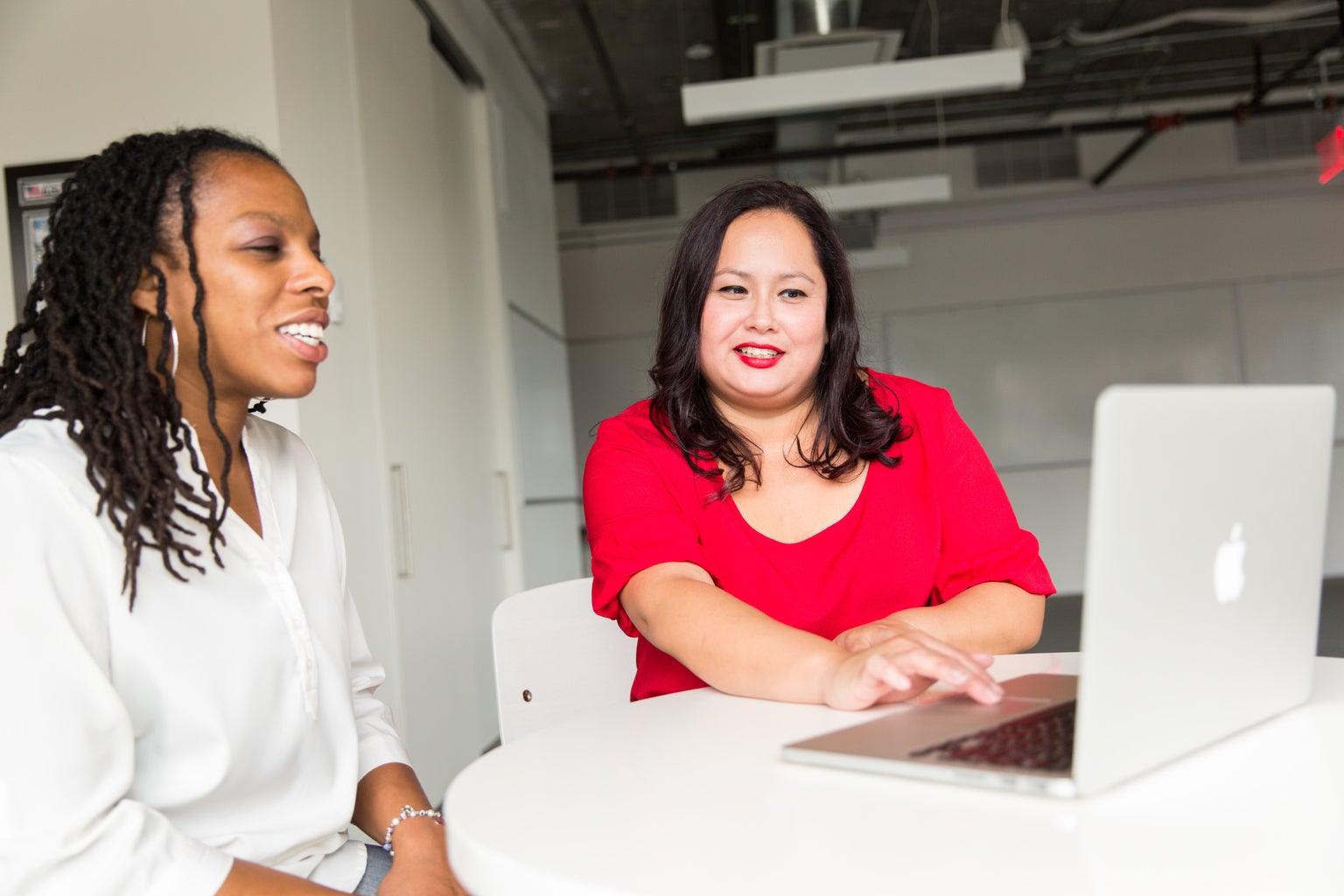“Self-improvement” has always seemed like a misleading term to me. While developing self-awareness and working on becoming a better, happier person is entirely possible, if it were as simple as that term sounds, we’d all probably have fewer problems In reality, we are social creatures and interacting with other humans is not just beneficial, but inevitable.

There will never be an obsolete space where we can be solely devoted to improving ourselves. This utopia doesn’t exist. The noise of the world around us will always be ringing in our ears. Instead of trying to silence that noise, we should learn to live with it and incorporate it into our journeys of growth.
Considering the crazy environments we live in, each uniquely its own, constantly rewriting its story and characters, it can be hard to understand ourselves and improve in a world that never stops spinning. For me, the only way to make sense of this complicated reality is to create a context for the situations and relationships I’m in. With my world constantly intersecting with an infinite number of other worlds, this can seem a bit daunting.
Creating context helps me better understand the role I play in the different dynamics of my life. One of the best pieces of advice I ever received was to understand that different relationships serve different purposes in life. This was really fundamental in my navigation of building relationships with different people, all with their own sets of values and time commitments.
To create context for these relationships, I have begun to understand different types of friendships in three categories: passing friends, social friends, and core friends.
Passing friends can be understood as the people you don’t interact with outside of situations that are already naturally built into your daily life, like classmates and coworkers. These people might make your day better, and you enjoy interacting with them as someone you can relate to in that particular setting. However, these friends are people you generally don’t see outside of this particular setting. In turn, you might not have a deep, complex relationship with strong trust and mutual understanding. However, these are some of the most important friendships, as they provide a stress-free, low-pressure form of socialization, where you can enjoy each other’s company without fully immersing yourselves in each other’s lives and problems.
Social friends are the people you go out with but don’t typically stay in with. You likely have a lot of mutual friends and enjoy spending time with each other in social settings. These friends provide opportunities for having fun, relaxing and exploring your surroundings. You probably know each other pretty well and have a solid foundation, with a relative awareness of some of the more intimate details of each other’s lives. However, these are not the people you turn to in a state of crisis or extreme vulnerability. They serve to meet your social needs and bring you a sense of belonging but aren’t necessarily your primary support system.
Finally, the deepest and most complicated friendships are core friendships. These are the people you rarely get sick of. You can go out, stay in, or sit in silence doing nothing but enjoying each other’s company. These friendships usually take the longest to build. They have the benefit of feeling a true sense of acceptance and support, a raw and authentic connection. However, in order to experience these benefits, they take a lot of emotional and social energy. These friendships are crucial and without a genuine understanding of yourself and what kind of friend you are, they can fall apart. They require constant work and care, but the connections you build are worthwhile. However, their level of intensity is why having a combination of these friendships and the other two types of friendships I have described is crucial for a balanced social life.
Once you have an understanding of what these dynamics mean and the purpose they serve in your life, finding your role can be a bit challenging. In order to navigate problems and misunderstandings that arise, I believe in the idea of putting yourself in someone else’s shoes. In your own life, it is so easy to become overwhelmed with emotions, and quickly the glass becomes too foggy to properly see through. That’s why separating yourself from a situation, stepping back and imagining you’re watching someone else experience whatever you’re going through can be helpful. I like to imagine I am helping a friend through the experience, thinking about what advice I’d give them, and then trying to take that for myself. This context often simplifies things that otherwise seem impossible to understand.
Self-improvement is about you. Don’t be afraid to be a little selfish and prioritize your own interests. But remember the reality of our densely populated world and the people and interactions you must face while working on yourself. We all have the strength to become the best versions of ourselves, we just have to be willing to look through the uncomfortable perspectives that will get us there.





